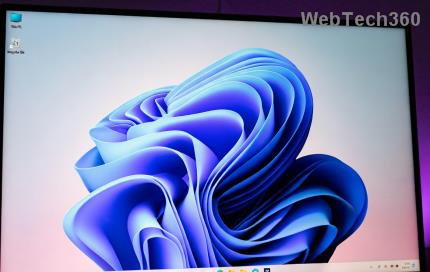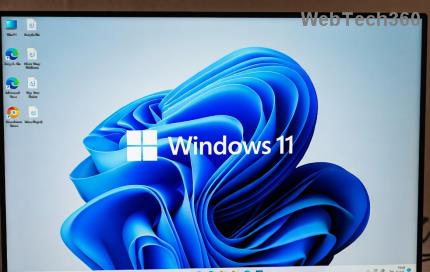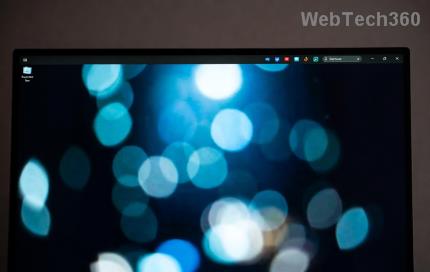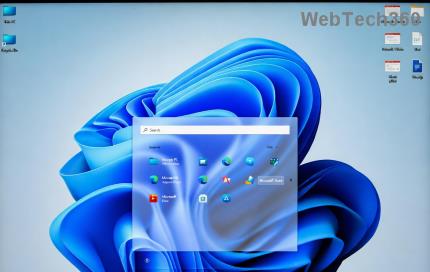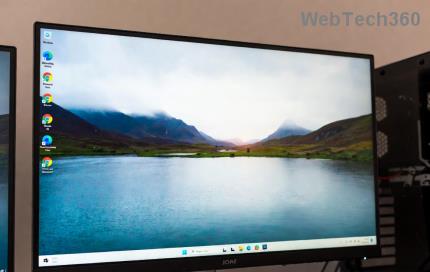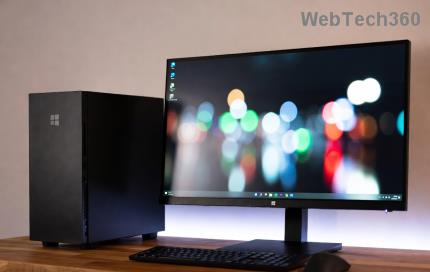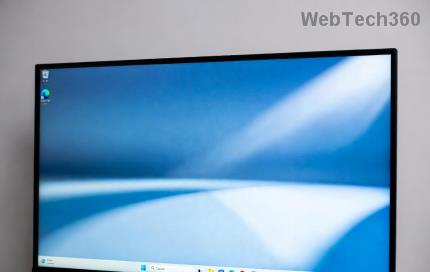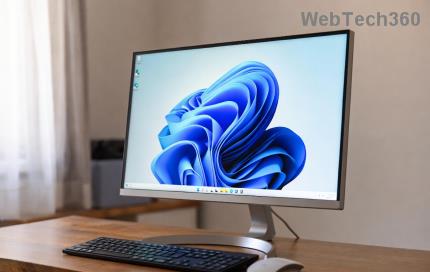How to Fix Windows 11 Windows Modules Installer CPU
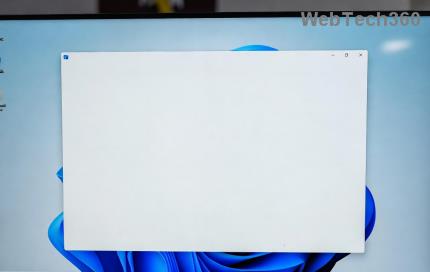
Struggling with high CPU usage from Windows Modules Installer in Windows 11? Discover proven, step-by-step fixes to reclaim your system
There are some cases where a PC needs to run Check disk (chkdsk) when it starts up or reboots. For example, if you run chkdsk on the system drive that is running Windows, it will schedule a disk check the next time you reboot. Windows also forces a disk check to run automatically when the computer unexpectedly shuts down .
Checking your disk is a really time-consuming task. If you don't want to waste time on your next boot, here's how to disable chkdsk on startup in Windows 10, 8, 7, Vista, and Windows XP.
1. Check chkdsk schedule
Open Command Prompt as admin , type the following command and press Enter .
chkntfs C:
If you schedule chkdsk to run you will get a response similar to “chkdsk has been scheduled manually to run on next reboot”.
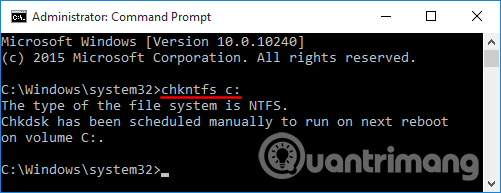
If the drive is reported dirty the system will force a check for it automatically on the next reboot.
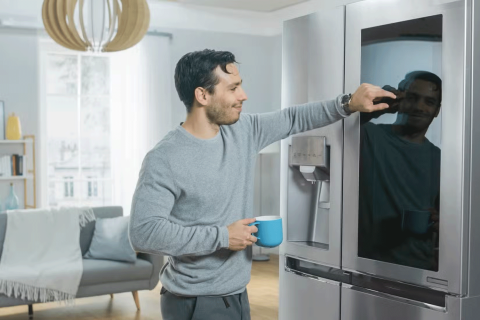
2. Turn off chkdsk when Windows starts
The following options will disable chkdsk on Windows startup and depending on how it is scheduled you will use the appropriate method.
Option 1. Turn off automatic disk check
If your computer detects a dirty disk when it starts up, you will be prompted to run a disk consistency check before Windows loads. However, sometimes Windows may continue to run automatic disk checks every time it restarts, which is annoying. To turn off automatic disk checks, you must clear the dirty bit by following the steps below.
Note: This process requires the use of disk editing software such as WinHex. If you want to edit the dirty bit for the currently used system drive, you need to use the WinPE boot CD to boot into the computer.
To manually clear the dirty bit on a Windows drive, follow these steps:
Step 1 . To begin, open WindHex as admin, click on the Tools menu and select Open Disk .
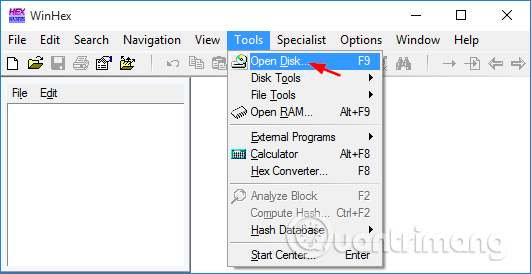
Step 2. When prompted to select the drive to edit, select the drive whose dirty bit you want to edit and then click OK .
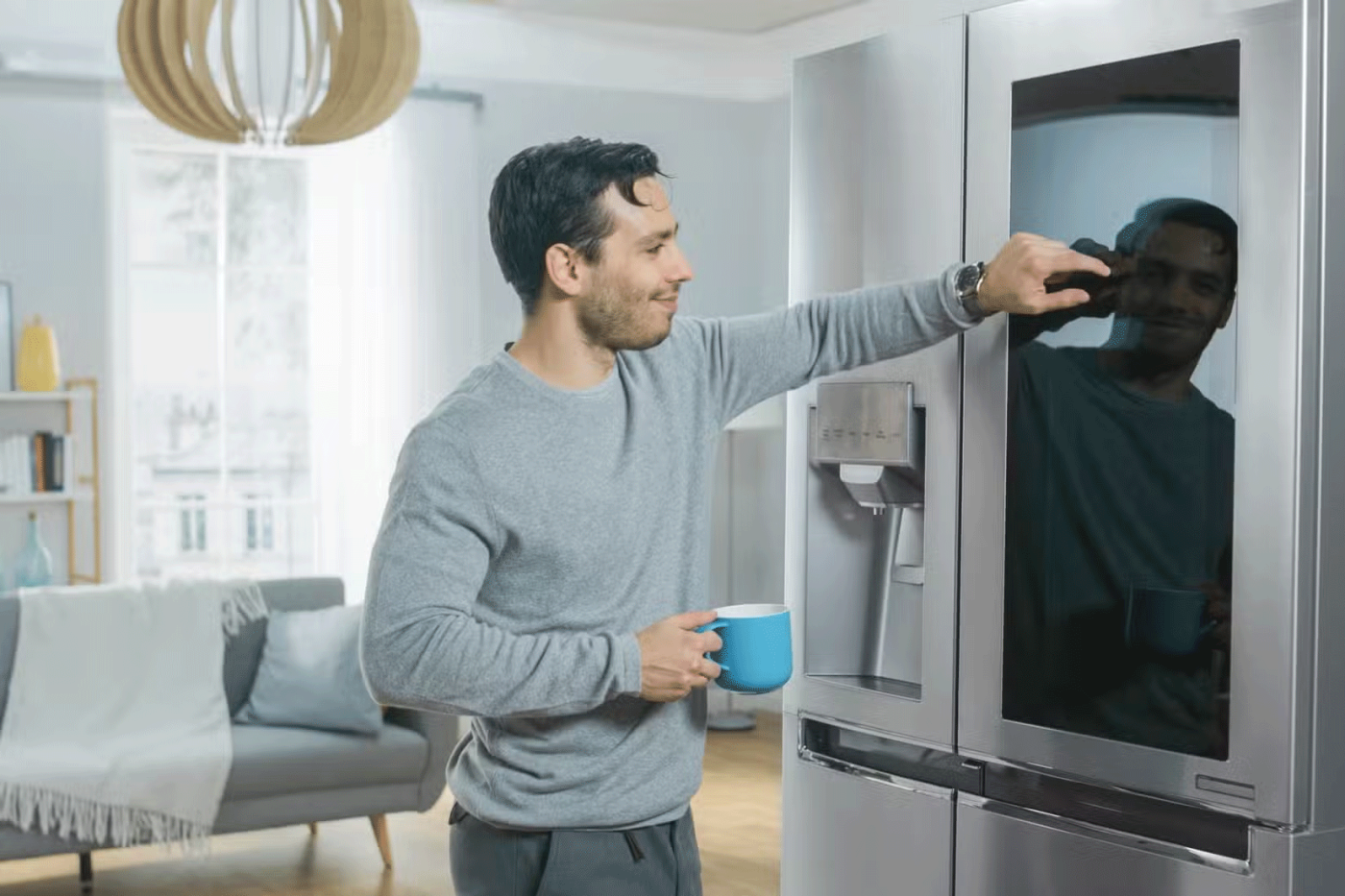
To clear the dirty bit on a FAT32 drive, click on the Boot sector in the directory browser. The dirty bit for FAT32 drives is located at offset 0x41 . If the drive is dirty, the bit will be 01, change 01 to 00 and save the changes. You have now successfully cleared the dirty bit.
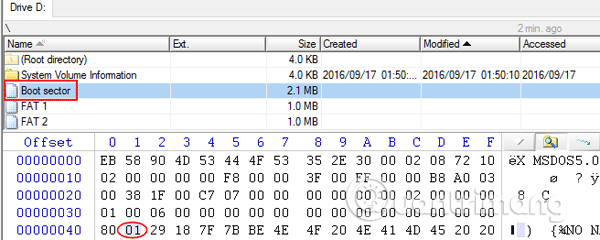
For NTFS drives, click $Volume in the directory browser. The dirty bit offset is slightly different on each NTFS drive. To determine the dirty bit, look for the 13-byte hex string that starts with 03 01 and ends with 80 00 00 00 18.
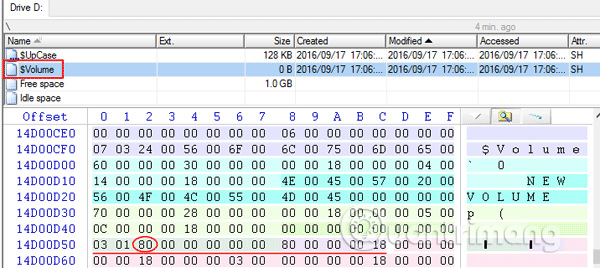
The dirty bit is the third byte of the hex string marked with a red line above and the dirty bit with a red circle. To set the flag on the drive, simply change it to 01 or to 00 if you want to clear the flag.
Option 2: Cancel scheduled disk check
You can cancel a scheduled disk check using Command Prompt or Registry Editor, which is much easier.
Using Command Prompt
Open Command Prompt as administrator. If you want to disable scheduled disk check on drive C:, type the following command and press Enter .
chkntfs /x C:
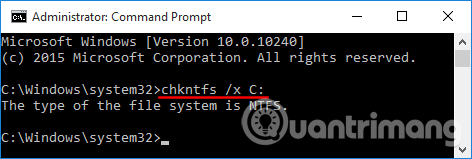
Using Registry Editor
Open Registry Editor , navigate to the following key:
HKEY_LOCAL_MACHINE\SYSTEM\CurrentControlSet\Control\Session Manager
Double-click the BootExecute value in the right panel.
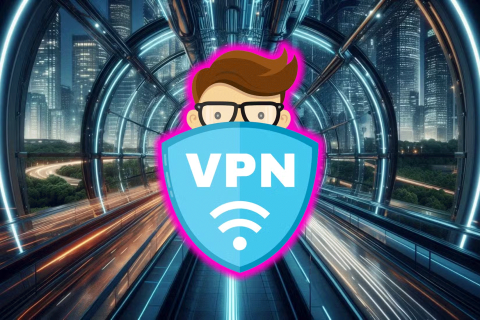
This will open the Edit Multi-String window , click on the Value data box , then delete all the lines leaving only the line as shown below.
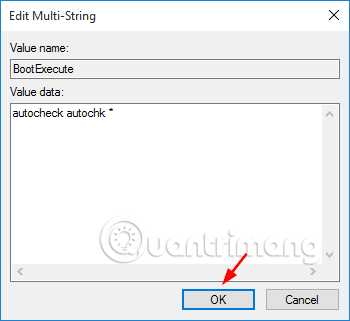
When done, click OK and close Registry Editor.
Good luck!
Struggling with high CPU usage from Windows Modules Installer in Windows 11? Discover proven, step-by-step fixes to reclaim your system
Struggling with the Windows 11 Start Menu Recommended section? Discover proven troubleshooting steps to fix glitches, missing apps, and performance issues. Get your Start Menu back to smooth operation fast.
Struggling with Java Error 1618? Discover proven, step-by-step fixes for "Another Installation in Progress" on Windows. Get your Java installs running smoothly without frustration. Updated with the latest troubleshooting tips.
Struggling with a glitchy Microsoft Edge on Windows 11? Learn how to reset Microsoft Edge to default settings effortlessly. Follow our simple, up-to-date guide to restore performance and privacy in minutes.
Struggling with Windows 11 Wi-Fi keeps disconnecting? Discover proven, step-by-step fixes to restore stable connections and boost your online experience without frustration.
Struggling with your printer not recognized on Windows 11 network? Discover step-by-step fixes to get your printing back on track quickly and easily. Essential troubleshooting for seamless network printing.
Struggling with the frustrating System Thread Exception Not Less or Equal error on Windows 11? Discover proven troubleshooting steps to resolve this BSOD issue quickly and get your PC running smoothly again. Step-by-step fixes for beginners and pros alike.
Struggling with Windows 11 accent color and background mismatch? Discover proven fixes to sync your colors perfectly, enhancing your gaming setup without frustration. Step-by-step guide for gamers.
Struggling with the "The Selected Disk is of the GPT Partition Style" error during Windows installation? Discover proven solutions to convert your disk from GPT to MBR without data loss and get back to installing smoothly. Step-by-step guide for beginners.
Struggling with V-Sync not working in Windows 11 games? Discover step-by-step fixes to eliminate screen tearing and boost smooth gaming. Updated with the latest solutions for seamless performance.
Struggling with the frustrating "RESULT_CODE_KILLED_BAD_MESSAGE" error in Microsoft Edge? Discover proven, step-by-step solutions to resolve crashes and restore smooth browsing. Updated with the latest fixes for optimal performance.
Struggling with the frustrating Windows 11 "Your PC is Offline" login error? Discover proven, step-by-step fixes to get back online and secure your account quickly. No tech expertise needed!
Struggling with the "Background is Turned Off by Ease of Access" error in Windows? This comprehensive guide provides step-by-step solutions to resolve it quickly, optimized for gamers to get back to seamless play. Learn how to troubleshoot and prevent this issue for uninterrupted gaming sessions.
Struggling with the PowerShell ISE deprecated error on Windows 11? Discover proven, step-by-step fixes to restore your scripting powerhouse. No more frustration—get back to coding smoothly today!
Struggling with the Windows 11 "Smart Card" Reader Not Found error? Discover proven, step-by-step fixes to get your smart card reader working seamlessly. No tech expertise needed—boost your productivity today!
